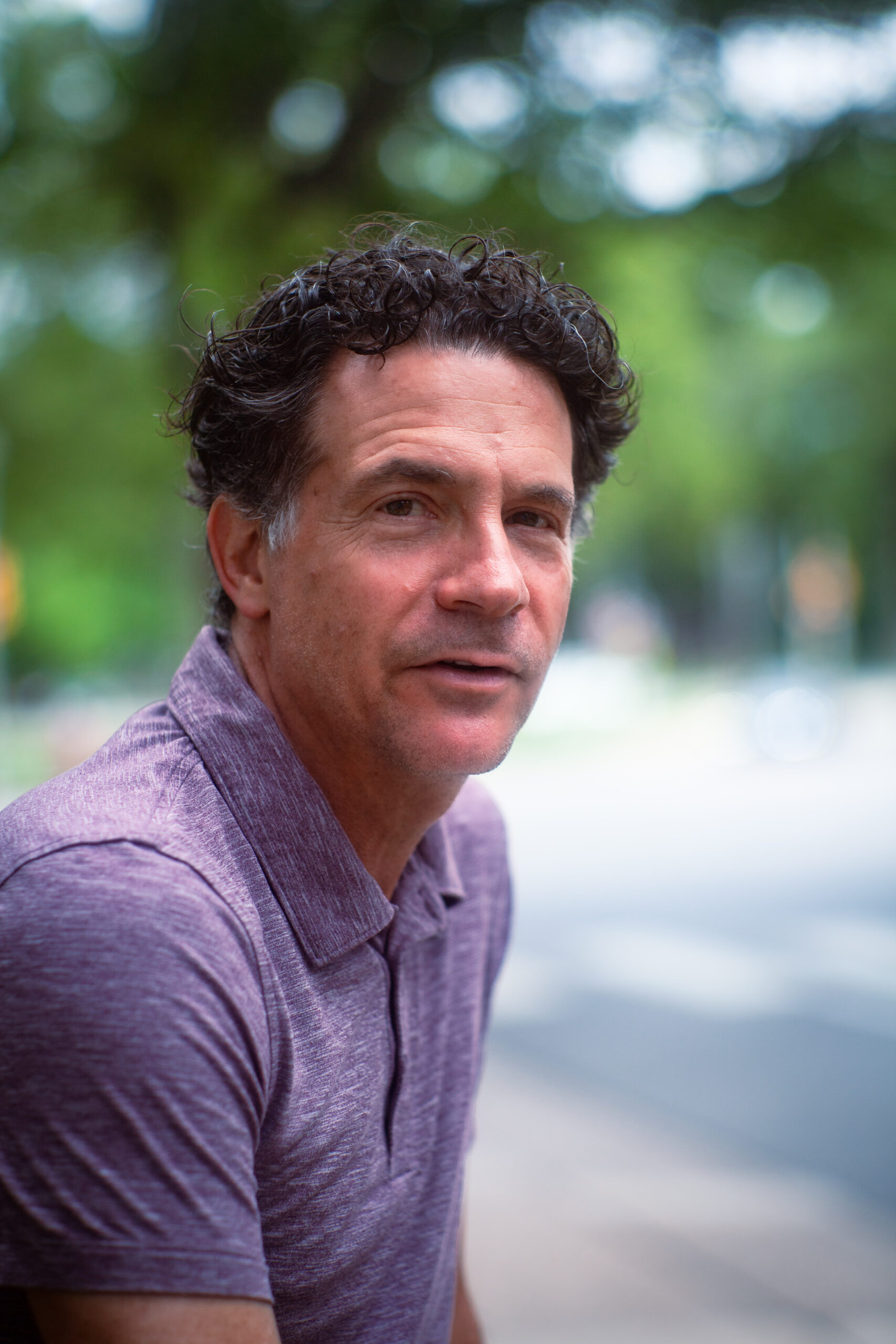Jeremy Frank, PhD, CADC

My Favorite Therapy Joke
Q: How many therapists does it take to change a light bulb?
A: One, but the lightbulb has to want to change.
About Me
I’m Jeremy Frank, and I oversee Jeremy Frank and Associates (JFA). I am both a psychologist and certified alcohol and drug counselor. I have been sober from alcohol and hard drugs for over 33 years.
For the JFA practice I carefully select the most compassionate, caring, kind, and flexible addiction therapists I can find.
I have extensive addiction and mental health treatment and supervisory experience. My background includes serving as the Coordinator of Campus Alcohol and Substance Awareness at Tuttleman Counseling Services at Temple University and the Assistant Director of Health and Counseling and the University of the Sciences in Philadelphia.
I also held positions at Drexel University, The University of Pennsylvania, The University of Florida, Hahnemann University, and Jefferson University.
While I’m a credentialed provider with Lawyers Concerned for Lawyers, which focuses on Pennsylvania attorneys with drug and alcohol problems and an approved provider of clinical services to the National Basketball Association (NBA) and the National Basketball Players Association (NBPA), my real passion is helping others see the value in reducing their addictive behavior and working with other therapists who love to do the same work.
I practice more than I preach. I live in Philadelphia with my wife, and our two smart, kind, and creative children. I love my family more than life itself. I play soccer, swim, run, hike, garden, and cook. These activities are part and parcel examples of my ability to trade compulsive behaviors for healthier options. They are a testament to choosing positive addictions, structure, social support, and ritualized dependency on healthy alternatives in my life.
I grew up in a family of therapists. My dad is a psychiatrist and my mother is a social worker who is still plugging away at age 85. Like them I plan to still be helping folks into my 80s as well. Everyone in my family has been in therapy (a few times).
A mission for me is to normalize therapy as a simple, solid way to keep learning about who we are. So we can better get what we want and need out of our lives and relationships.
My Approach to Therapy
As a therapist, I encourage clients to lead the direction of our sessions—unless they have questions or are unsure where to begin. When you steer our time together, I find that we naturally arrive at what matters most. On the other hand, if the therapist asks all the questions, sessions can end up focusing more on what the therapist wants to explore rather than what’s truly important to you.
Here are some starting points that often work well for clients:
- Some people want to discuss why they came to therapy in the first place.
- Some want to focus on where they’re headed—what they want, where they hope to be in a few months or years, and how to get there.
- Others feel drawn to explore their past—trauma, family-of-origin issues, life events, and the influences that shaped their thoughts and choices.
- Sometimes you may want to talk about how you feel right now, here in the room, or something that happened during the week that’s on your mind.
- Other times, you might want to process a relapse, or make a decision about your drug or alcohol use, or recovery path.
As long as you’re leading, we’ll get to what’s important. It’s perfectly okay if you’re coming because someone else thinks you need therapy—but if you stay, it will be because you’ve found a way to make our sessions meaningful and useful to you.
I was trained in cognitive-behavioral therapy, but good therapists are integrative and eclectic; we end up helping with whatever actually works—including things we learned as far back as kindergarten. I was that kind and helpful kid then, and that part of me still shows up in my work.
I’m also very comfortable explaining evidence-based, empirical, and scientifically tested approaches—if that’s something you value, we can go there too.
I attend Alcoholics Anonymous meetings regularly, have a sponsor, and work a program. But I also understand that AA isn’t for everyone. It’s my firm belief that in order to make real, lasting change, we need to connect with others in fresh, honest, and meaningful ways. My goal is to help people find purpose and connection—in their lives and in their closest relationships with friends and family.
Qualifications
- PhD in Psychology, Drexel and Hahnemann University Clinical and Health Psychology
- Certified Alcohol and Drug Counselor (CADC)
- Trained in Mindfulness Based Stress Reduction and Relapse Prevention
Specialties
- Addiction
- Harm reduction
- Depression
- Anxiety
- ADD
- Couples
- Families
- Professionals Attorneys Athletes and High Profile Discreet Cases
More Info
Availability and Fees
My availability is limited. My fee is $340 per session (sliding scale fees are occasionally available).
